Democratic-NPL Legislators unveil $2 billion bonding proposal
(BISMARCK, N.D.) – Senator Tim Mathern (D-Fargo) and Democratic Leaders Senator Joan Heckaman (D-New Rockford) and Representative Josh Boschee (D-Fargo) have introduced legislation to create an infrastructure bonding program during the 2021-2023 biennium.
Senate Bill 2040 authorizes the Public Financing Agency to issue up to $2 billion in infrastructure bonds. The bonds have a term of 25 years and would be issued at market rates. Bonds would be repaid using Legacy Fund dollars or Bank of North Dakota proceeds transferred to the general fund at the end of each biennium. Approximately $209 million would be needed each biennium to service the debt on the bonds. The bill is also sponsored by Senator Erin Oban (D-Bismarck), Representative Gretchen Dobervich (D-Fargo), and Representative Alisa Mitskog (D-Wahpeton).
“Infrastructure needs in North Dakota are growing,” says lead sponsor Sen. Tim Mathern (D-Fargo). “The Legislature took a first step in adopting the Prairie Dog bill last session, more needs to be done. Oil and gas revenues meant to support these projects have dropped considerably due to COVID-19, meaning no funds will be available during the current biennium.”
SB 2040 allocates proceeds from the bonds to four distinct project areas. First, it shores up the municipal infrastructure and county and township infrastructure funds created by the Prairie Dog bill by providing up to $230 million. This will ensure those buckets are filled even when oil and gas revenues are low.
“These communities can’t wait,” Mathern said. “We need to take advantage of low interest rates now and finance shovel-ready projects. These projects will only become more expensive if we delay.”
Second, it supports education infrastructure by providing $750 million to the School Construction Assistance Revolving Loan Fund. Under this program K-12 schools can borrow up to $10 million to meet construction needs in their districts. And, for the first time, it authorizes higher education institutions and career and technology centers to borrow up to $50 million. Loans can go toward remodeling or new construction.
“The growth in the number of school-age children statewide shows a continued need for expanding K-12 schools,” said Mathern.
Third, it addresses the need for affordable housing in North Dakota by providing $250 million to the housing incentive fund. This fund was created by the Legislature in 2011 to address workforce housing needs in Western North Dakota. Since then it has expanded to include affordable housing and programs to reduce homelessness. It can also provide rental assistance to individuals and families struggling to make ends meet due to the COVID-19 pandemic. SB 2040 will reduce the need for annual appropriations to the fund.
Finally, any excess revenues will go to a new grant program targeted at road and bridge construction in counties and townships. Up to $770 million would be provided for this program, which will fund projects in each county based on their respective needs.
“We aren’t reinventing the wheel with this bill,” said Sen. Mathern. “It is specifically designed to take advantage of existing programs and authorities. This bill will provide good paying jobs in communities across the state. It will ensure we invest Legacy Fund earnings in North Dakota where it belongs. And it will alleviate pressure on appropriators so we can invest in North Dakota for North Dakotans by funding childcare, public health, and education.”
###

